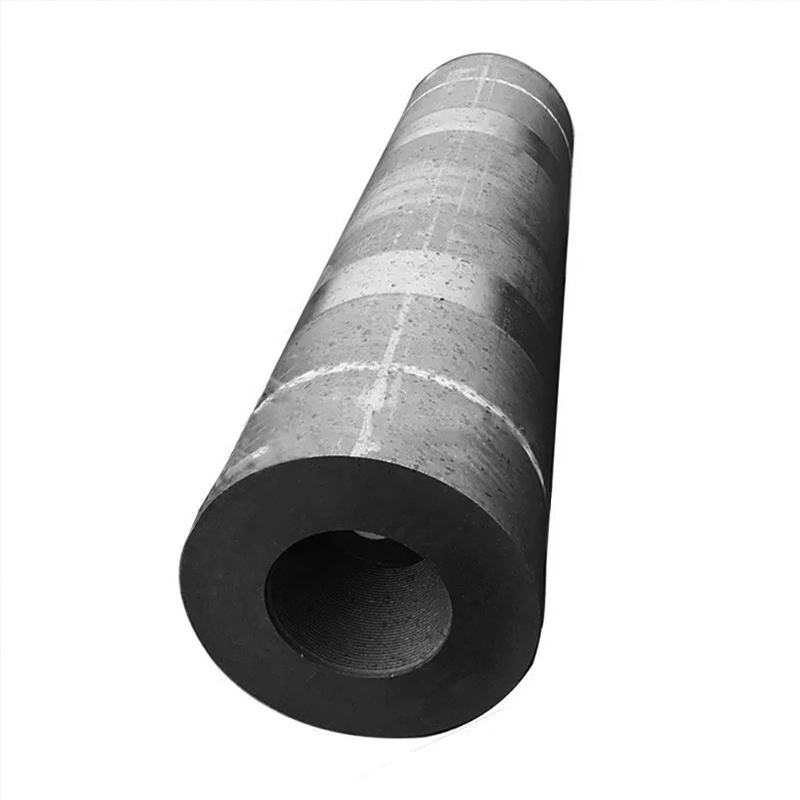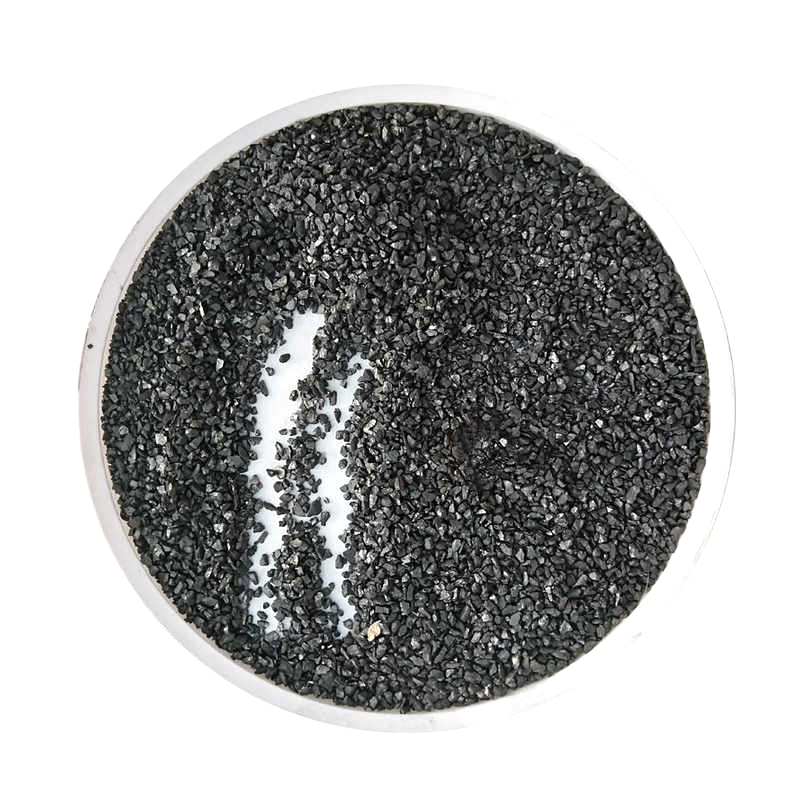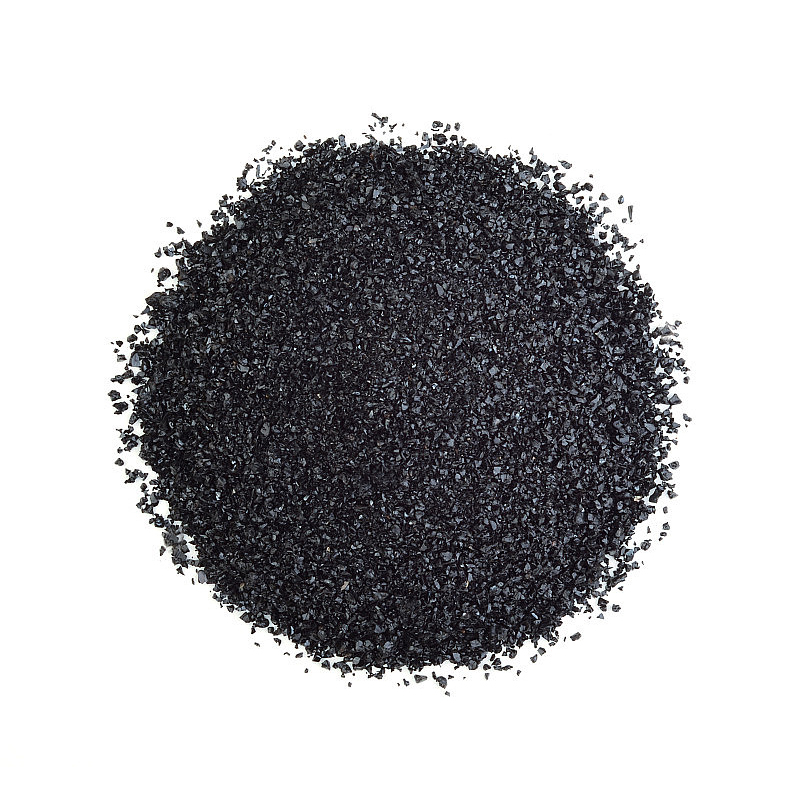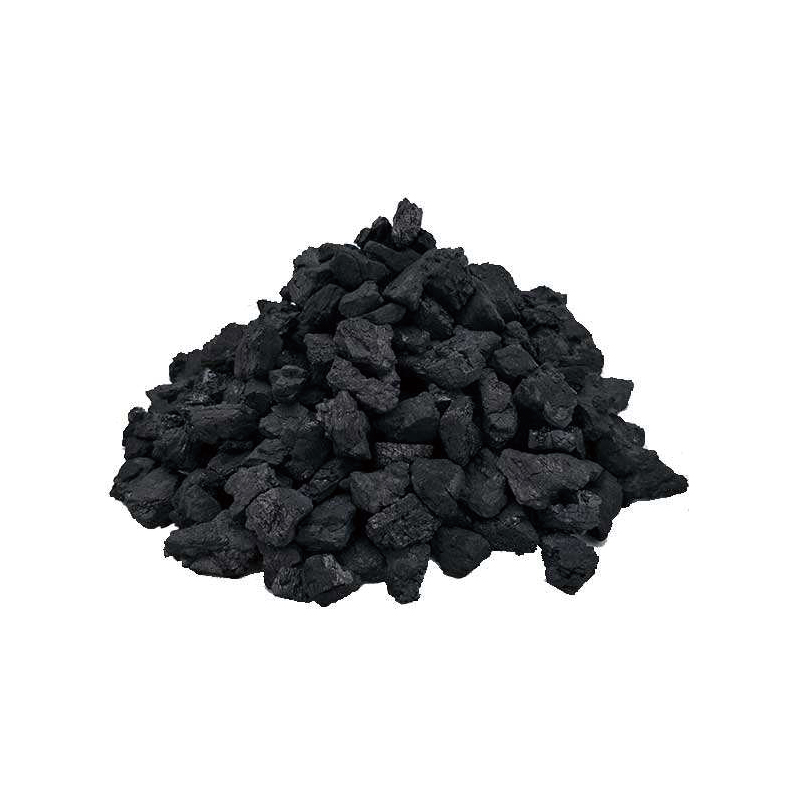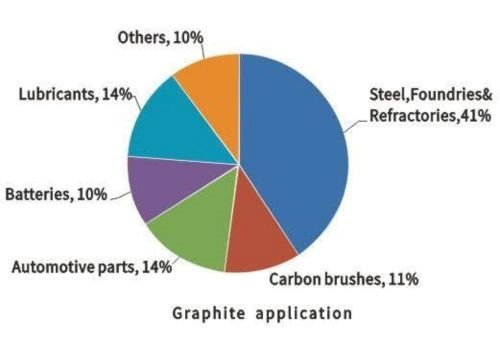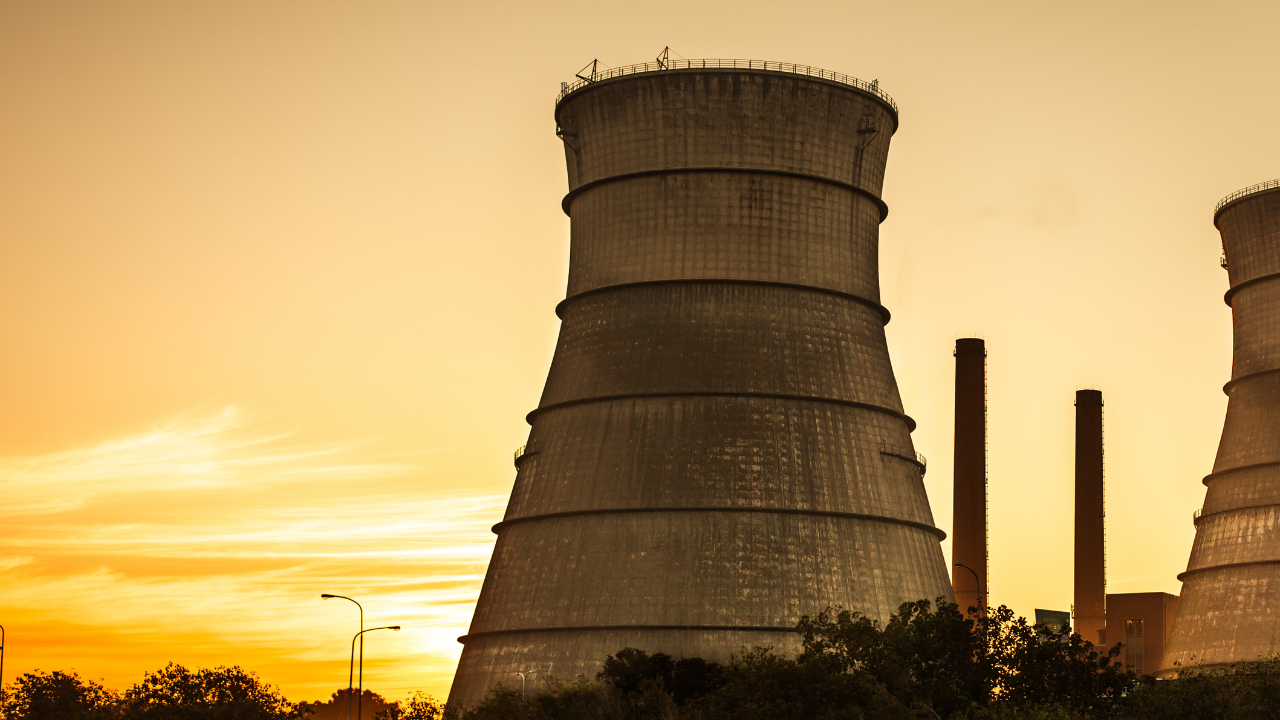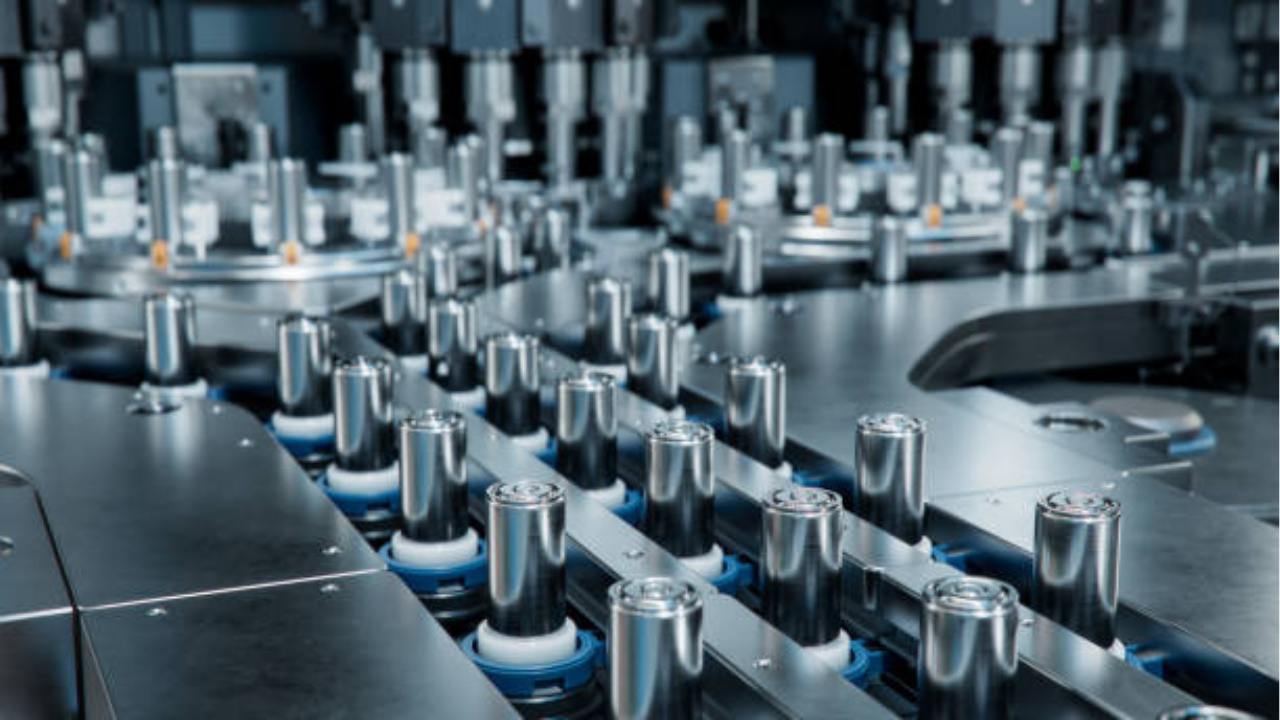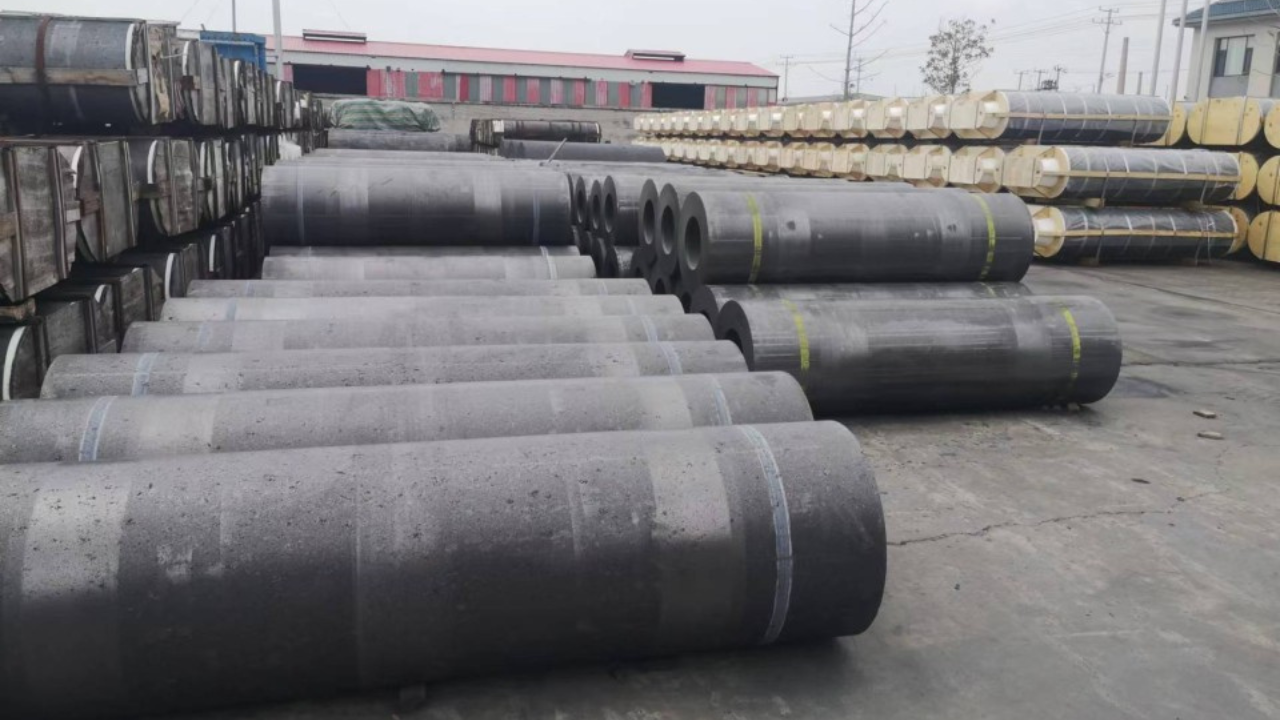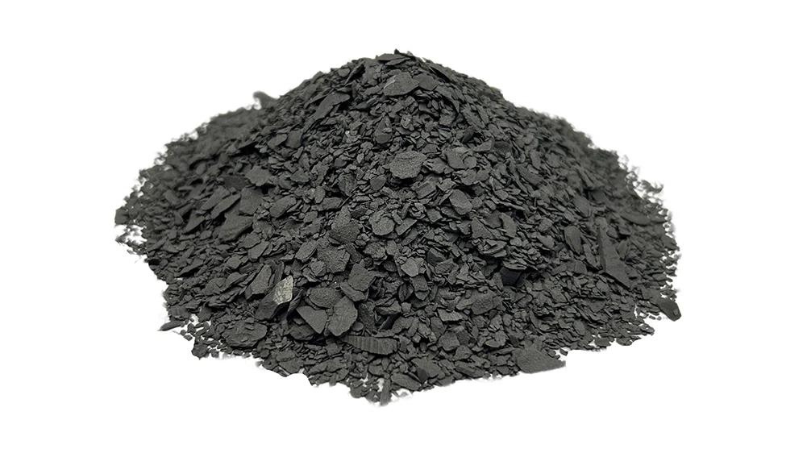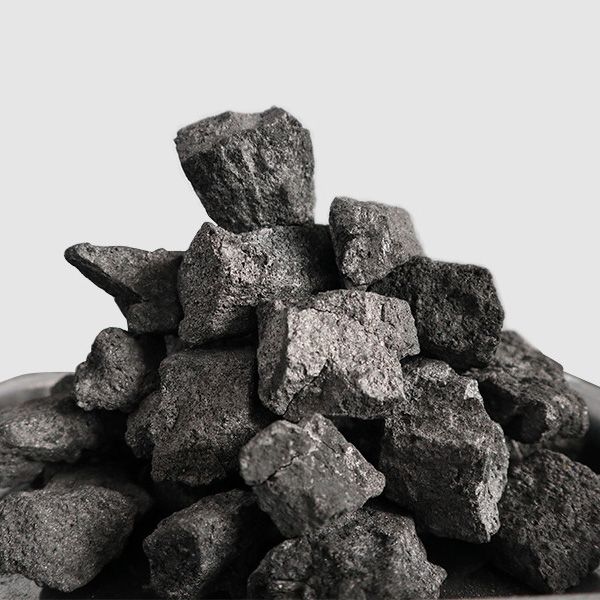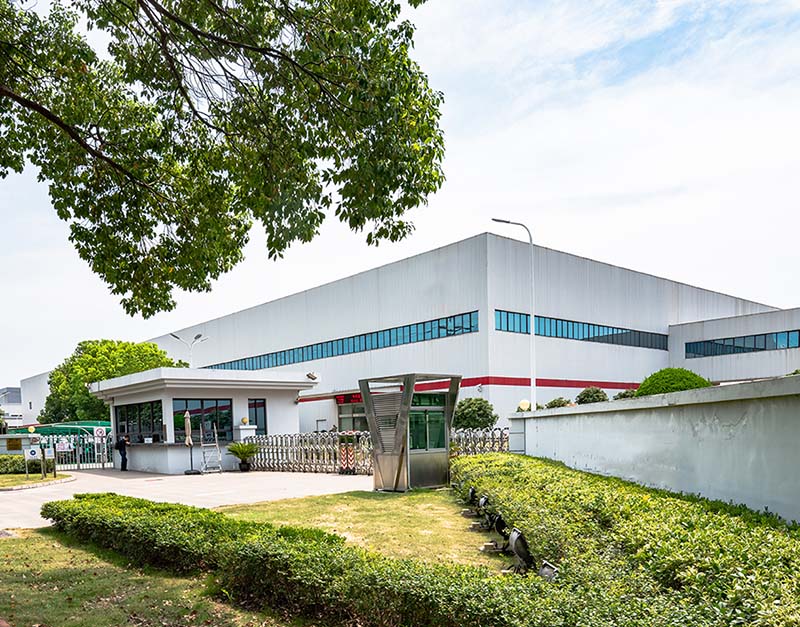PART 01 Coke (metallurgical coke, petroleum coke and pitch coke)
Coke is amorphous carbon. It’s not mined, but rather the product of coking bituminous coal (coking coal) or certain carbon-rich materials (such as petroleum asphalt, residual oil, or coal tar) by heating them at high temperatures in an airtight environment. Coking bituminous coal produces metallurgical coke; coking petroleum asphalt or residual oil produces petroleum coke; and coking coal tar produces pitch coke. Most coke can be converted into graphite after being heated above 2000°C.
01.Metallurgical coke
Metallurgical coke, also known as coal coke, is produced by coking several coking coals in a coke oven at high temperatures (>1200°C) in a specific ratio. Its primary use is as a fuel and reducing agent in blast furnace ironmaking. It is also a primary raw material for the production of various carbon blocks and carbon electrodes. For use in the production of phosphorus bricks, it requires low ash content, high strength, low porosity, low sulfur content, and a blocky shape.
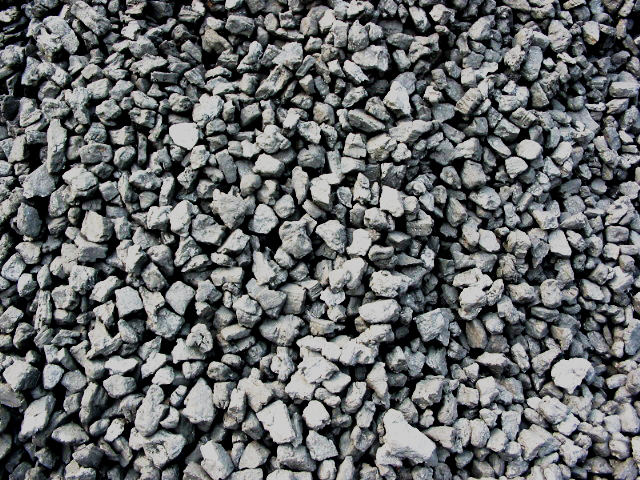
Metallurgical coke has a high ash content, generally exceeding 10%, making it less susceptible to graphitization. Its electrical conductivity after calcination or graphitization is also inferior to that of petroleum coke or pitch coke. Table 1 shows the chemical composition of metallurgical coke in my country (GB 1996-80).
02.Pitch coke
Pitch coke is the final product of coal tar pitch coking at high temperatures (>1100°C) in a coke oven. Coal tar pitch is categorized into three types based on its softening point (ring and ball method): low-temperature pitch, medium-temperature pitch, and high-temperature pitch. Pitch coke is primarily produced using medium-temperature pitch (softening point 75-95°C) or high-temperature pitch (softening point >95°C). Coal tar pitch coking involves distillation, thermal condensation, and thermal decomposition. Below 450°C, distillation and thermal decomposition are the primary processes; between 450 and 500°C, thermal decomposition and thermal condensation are predominant. Above 500°C, semi-coke forms, primarily through thermal condensation. The final coking temperature is above 1100°C.
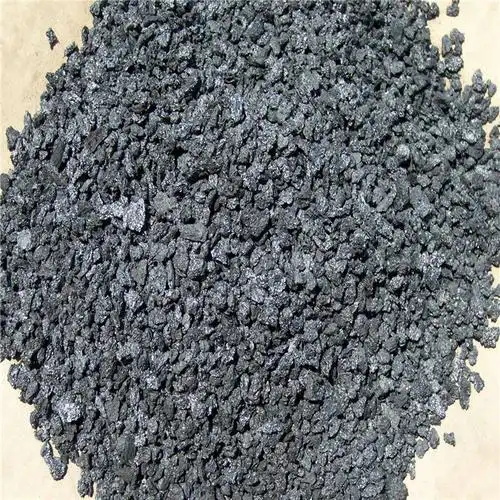
The method of producing pitch coke by coking high-temperature asphalt in a coke oven has many disadvantages, including low coking yield, difficulty in mechanization and automation, and short furnace life. As a result, it is being replaced by the delayed coking process.
Pitch coke is closely related to metallurgical coke. Coking coal is distilled to produce metallurgical coke, which also produces coal tar. Coal tar is fractionated to produce asphalt, which is then coked at high temperatures to produce pitch coke.

